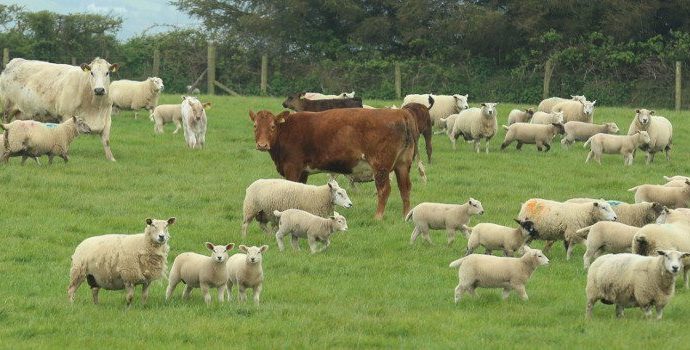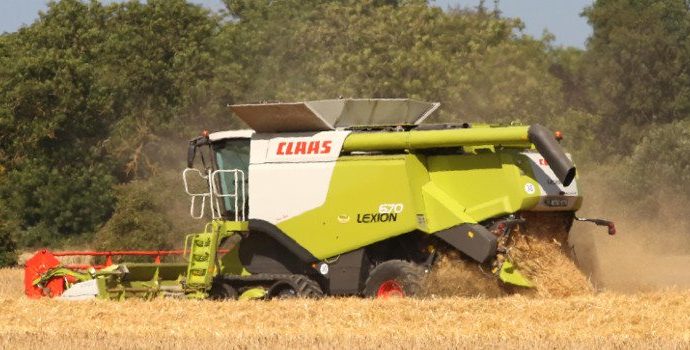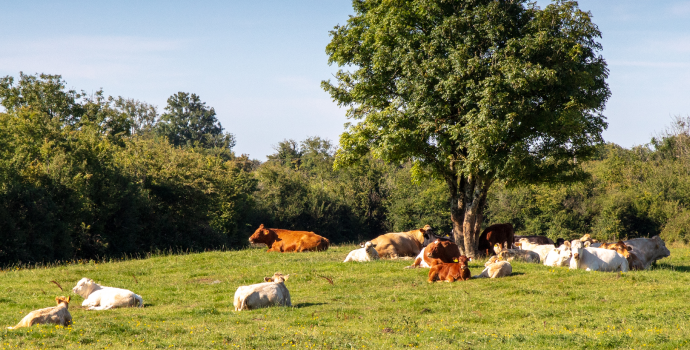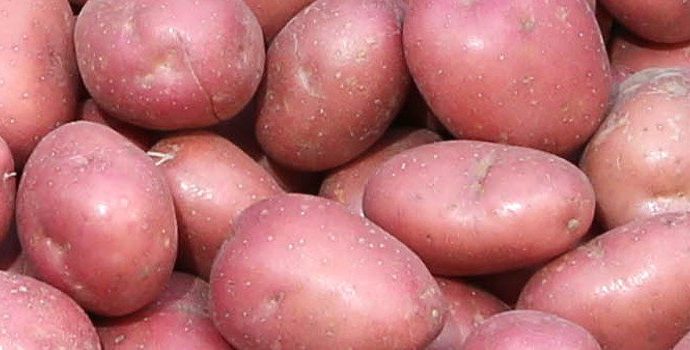Yara Ripping off Farmers with Fertiliser Price Hikes
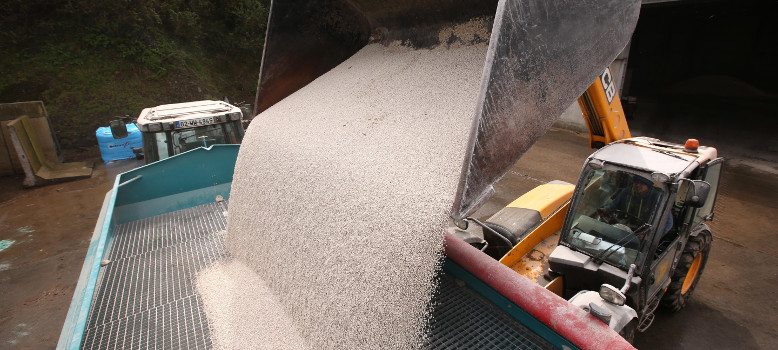
IFA President Joe Healy has accused European fertiliser manufacturers of ripping off farrners by jacking up prices since the beginning of the season.
Speaking at a protest at the Yara depot in Ringaskiddy in Cork, Joe Healy said, “Yara, one of Europe’s leading manufacturers, has hit farmers with seven price increases since last June. Wholesale EU CAN prices have risen by a massive 48%, with Ammonium Nitrate prices up by 34%”. He said this level of price increase is unjustified. It clearly demonstrates that increased concentration of the industry and anti-dumping duties and customs tariffs have resulted in a lack of real competition in the EU fertiliser market.
Joe Healy said, “The continuing rise in input costs coupled with falling commodity prices is eroding family farm incomes. This cost price squeeze is hammering farmers and damaging the competitiveness of Irish and EU agriculture. Fertiliser is the second largest expenditure item on Irish farms. Following the introduction of anti-dumping duties in 1994, Irish and EU fertiliser prices have increased at almost double the rate compared to other inputs”.
“European fertiliser manufacturers have profiteered from this protection over the last decade while farm incomes decline. Duties and tariffs are putting farmers at a significant competitive disadvantage. The EU Commission must level the playing field, abolish anti-dumping duties and tariffs on non-EU fertiliser imports immediately and help to restore competitiveness to Irish and European agriculture. This move would save Irish farmers an estimated €32m per annum and European farmers €1bn.”
The International Food Policy Research Institute (IFPRI) report, commissioned by IFA, shows that:
- The EU fertiliser manufacturing industry is highly concentrated;
- EU fertiliser prices are among the highest in the world;
- This is to the detriment of farmers and food consumers;
- The imposition of anti-dumping duties and customs tariffs on non-EU fertiliser imports is costing European farmers an estimated €1bn;
- Prices in Western European countries increased by 123%, while prices in Brazil decreased by 65%; this further suggests that additional factors, such as price fixing and cartels, might be operating in highly concentrated markets such as Western Europe.

